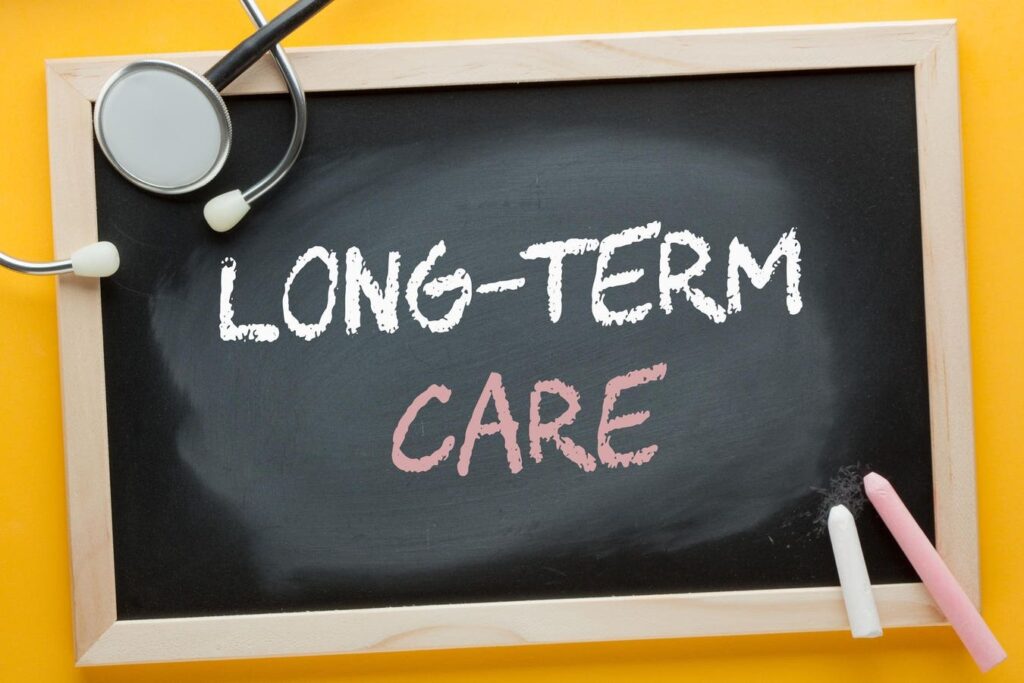As long-term care costs soar beyond $100,000 annually and lifetime dementia care adds approximately $184,500, failing to plan for family members who are older or have a disability could jeopardize your family’s financial future.
The statistics are alarming: The average cost of a private nursing home room has risen to $109,628 per year nationally, with some states, like Alaska, reaching as high as $361,223. Families dealing with dementia face even greater financial challenges, with additional annual costs ranging from $56,000 to $72,400, compared to standard elder care. Despite these staggering figures, most families are unprepared for the demands of caring for loved ones who are aging or have a disability.
Understanding The True Cost Of Inadequate Planning
Long-term care expenses have reached crisis levels across the United States. For instance, in Massachusetts, a private nursing home room averages $169,359 annually. Even assisted living facilities, which cost $67,085 per year, present a significant financial burden for many families.
The situation becomes even more complex with cognitive decline. Dementia care is projected to cost $781 billion nationally by 2025, including $232 billion in direct medical and long-term care costs. The remainder includes the often-overlooked value of unpaid family caregiving and lost income, which can silently undermine family financial stability.
Memory care facilities, specialized for dementia and Alzheimer’s patients, typically cost 20-30% more than standard assisted living. This premium is due to higher staffing ratios and specialized programming, with annual costs ranging from $80,000 to $87,000 or more, depending on location and facility quality.
Beyond Financials: The Human Cost Of Poor Planning
Estate planning for family members who are older or have disabilities extends far beyond financial considerations. Without proper documentation and preparation, families face difficult decisions during medical emergencies, potential exploitation of vulnerable members, and devastating conflicts that can create lasting family rifts.
The consequences of inadequate planning manifest in various ways:
- Medical Decision-Making Chaos: Without health care proxies and advance directives, families may struggle to make critical medical decisions or access vital health information during emergencies.
- Financial Vulnerability: Individuals who are older or have a disability but lack proper power of attorney documentation are at risk of financial exploitation, while families struggle to manage essential financial affairs.
- Housing And Safety Crises: Unprepared families often face emergency decisions about housing modifications, care arrangements, or facility placement without adequate research or financial planning.
- Medicaid Complications: Families who haven’t engaged in proper Medicaid planning may face devastating “spend-down” requirements, losing decades of accumulated wealth to qualify for benefits.
The Essential Estate Planning Framework For Vulnerable Family Members
Effective planning for family members who are older or have disabilities requires a comprehensive approach addressing immediate safety needs, long-term care funding, and asset protection. The following framework provides a systematic approach to these complex challenges:
- Immediate Legal And Financial Foundations: Establish proper legal documentation while the individual retains the capacity to execute these documents. This includes updated Durable Powers of Attorney for financial matters, comprehensive health care proxies with HIPAA authorizations, and detailed advance health care directives.
- Asset Protection And Long-Term Care Funding Strategies: Implement asset protection strategies before care needs arise. This may include irrevocable trusts for Medicaid planning, special needs trusts for beneficiaries with disabilities, or long-term care endowment funds through dedicated trusts.
- Care Coordination And Safety Planning: Comprehensive planning includes home safety modifications, emergency response systems, medication management protocols, and backup care arrangements. Establish relationships with geriatric care managers and research residential care facilities before they’re needed.
Your Estate Planning Review Checklist
Evaluate your family’s readiness for elder and disability challenges with this checklist:
- Document current medical conditions, disabilities and medications.
- Inventory all sources of income, assets, and liabilities.
- Confirm legal capacity to execute planning documents.
- Identify family dynamics, potential caregivers, and sources of conflict.
- Assess eligibility for public benefits like Medicaid.
The Cost Of Delay: Why Timing Matters
Every month of delay in implementing comprehensive elder and disability planning increases both financial risk and family stress. Legal capacity may deteriorate, making it impossible to execute essential documents.
The five-year look-back period for Medicaid eligibility means that asset protection strategies implemented today may not benefit until 2030. Families who wait until care needs are imminent often find themselves with no planning options beyond spending down assets to qualify for benefits.
Taking Action: Your Next Steps
Effective planning requires professional guidance and family coordination. Assemble a planning team that includes an elder law attorney, a financial advisor experienced with disability planning, and potentially a geriatric care manager. Schedule family meetings to discuss care preferences and financial resources before crises arise. Review and update your planning annually or when significant changes occur.
The financial and emotional stakes are too high to leave these critical planning needs to chance. With proper preparation, families can navigate the challenges of aging and disabilities while preserving both family resources and relationships. The question is not whether your family will face these challenges, but whether you’ll be prepared when they arise.
Read the full article here

